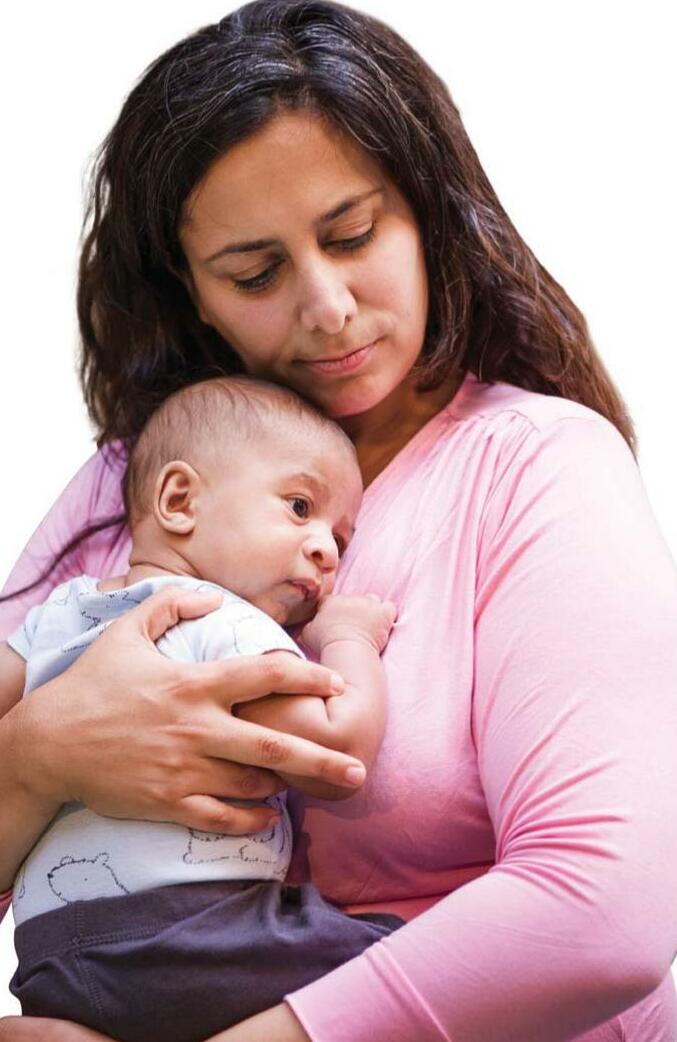
Childbirth is a big event in a woman's life. Women who dream to become mothers get a chance to see their dream manifested right on their laps. A chubby baby with curious eyes and a cherubic smile is out there for you to hold close to your heart forever. But pregnancy is also layered with bodily changes in women. A famous phrase 'hormonal rollercoaster' gnaws at women, not only during their pregnancy but also in their postpartum journey. A sudden drop in pregnancy hormones after a baby impacts their emotional equilibrium. This causes mood swings that develop into irritable mood and anxiety. You feel exhausted and drained of energy. You feel that your emotions are all over the place. These behavioural and mental changes are termed in medical terms as baby blues.
Postpartum Depression
How is PPD (Postpartum Depression) different from baby blues? PPD is much more than baby blues. Prolonged feelings of listlessness or baby blues symptoms can result in PPD. That said, PPD has its symptoms that snatches the mom from having a connection with her baby. PPD happens immediately after childbirth when hormones are running amok in a woman's post-pregnancy body. The big feelings or emotional unrest is more severe than what is experienced in baby blues. If PPD is running in the family, you are more predisposed to have bouts of postpartum anxiety and depression. PPD needs therapist intervention if it disrupts your routine, and distances you from your baby and other family members.
Early Signs Of PPD
Bu hikaye Woman's Era dergisinin January 2024 sayısından alınmıştır.
Start your 7-day Magzter GOLD free trial to access thousands of curated premium stories, and 9,000+ magazines and newspapers.
Already a subscriber ? Giriş Yap
Bu hikaye Woman's Era dergisinin January 2024 sayısından alınmıştır.
Start your 7-day Magzter GOLD free trial to access thousands of curated premium stories, and 9,000+ magazines and newspapers.
Already a subscriber? Giriş Yap

English Today
A tool for communication, not a mark of status.

ECO-CONSCIOUS Living
Sustainable choices for a brighter tomorrow.

A Serene Escape in Slovenia
The enchantment of Lake Bled.

Pseudo-Liberalism
When actions don't match beliefs. By Shivani

MANIPUR ON FIRE
The women bearing the brunt of ethnic strife.

Father's Love
In a quiet town by the shimmering sea, Lived a father, kind and wise as could be. With hands rough and worn from years of toil, He worked each day, turning earth's rich soil.

Kaka
A Word Across Worlds.

Echoes of a Peepani
A journey through time into my childhood.

Tasting The Future
Food and drink choices of the millennials.

NEED OF THE HOUR
Revolutionary change - is required!